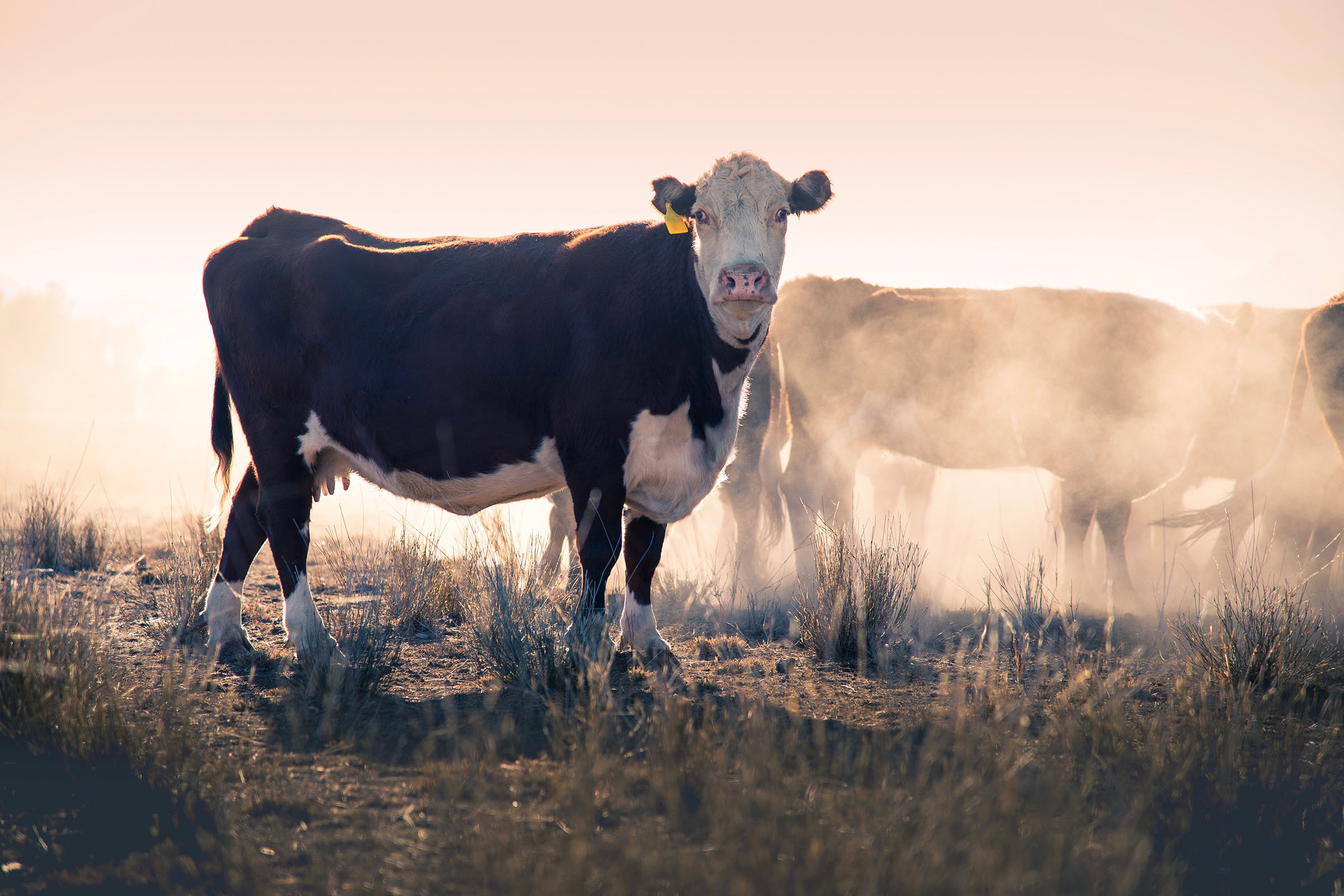Meat. It used to be the star attraction on our plates. Now it’s a hot topic, but it’s sizzling for all the wrong reasons. It’s getting hard to flip that burger flippantly when we’re surrounded by scary statistics. Is eating meat killing us? Is it strictly tofu from here on? We talked to Dr Marissa Samuelson, Lecturer in Nutrition and Dietetics at Charles Sturt University, to find out.
Has meat gone to the dark side?
Red meat has been an important part of the human diet throughout human evolution. It provides a rich source of protein and essential nutrients, some of which are more bio-available in meat than in alternative food sources. So… what’s the problem?
Apparently, we’re eating too much of the stuff.
Dr Samuelson agrees that eating red meat provides important nutrients; however, she warns against excessive intake.
“It’s generally recognised by global health authorities that we need to eat a diet that is not only good for human health but good for the planet. From a human health perspective, excess consumption of red meat (more than 100–120g per day) has been associated with the risk of colorectal cancer. Other large-scale research has found that regular red meat consumption increases the risk of heart disease, stroke and type-2 diabetes.”
Plants. We can eat them!
No, not the pot plant on your desk (which, by the way, definitely needs watering). We’re talking about plant-based foods that make up a balanced diet. You know, that balanced diet we’ve all got? Ahem. Dr Samuelson believes our current diet isn’t good for us or the environment. But the good news is, we can change it.
“The most recent dietary data we have indicates that most Australians in general do not eat according to the recommendations for the five food groups. They tend to eat excessive amounts of discretionary foods. These are foods that are high in energy, fat, salt and sugar, and low in nutrients). A recent report [from EAT Lancet] suggests that one of the best ways to ensure our food supply remains sustainable as well as healthy is to reduce (not eliminate) our red meat and dairy intake and increase our intake of plant-based foods (vegetables, fruit, nuts, legumes and wholegrains).”
But what if every night is steak night?
Dr Samuelson believes the global growth in eating meat could potentially increase the numbers of people at risk of chronic illness.
“While an increase in individuals diagnosed with chronic illness means an increased need for healthcare services, there will also be an increased imperative for resources to be directed towards preventative activities. That means things such as health promotion campaigns, to encourage a reverse in this trend.
“We need to emphasise a whole of diet approach that provides people with an understanding of what they can eat as well as what they need to reduce. A healthy balanced intake generally comprises foods from all five food groups. This includes appropriate amounts of dairy, meats and meat alternatives.”
Who can guide us?
According to Dr Samuelson, the nutrition and dietetics industry has a key role to play in helping us translate the scientific evidence we have about food into practical ideas when it comes to shopping for, cooking and eating meat and other foods.
“A number of organisations have provided education materials regarding the practical implementation of changes. For example, the Harvard TH Chan School of Public Health has constructed a range of resources based on the EAT Lancet recommendations. These can assist people to make changes to their intake.
“With respect to red meat, for example, they suggest people start with small changes. These can include reducing serving sizes, swapping red meat for white meat or sustainable seafood, and experimenting with legumes and beans as a protein source. These are all strategies to help contribute to the overall goal of reduction in red meat consumption.
“A good place to start for individual dietary advice for you and your family is by seeking out a qualified nutritionist or dietitian. Look for qualifications that entitle them to be registered with the Nutrition Society of Australia or the Dietitians Association of Australia.
“You can also check out your individual requirements on Australian Dietary Guidelines.”
Keen to do more than balance your diet?
If you’re passionate about human nutrition, we can turn your passion into a rewarding career. Take a look at our Bachelor of Health Science (Food and Nutrition) or our Graduate Certificate in Human Nutrition, and you could make a big difference to the health and wellbeing of your community.
Ask your big questions
At Charles Sturt University, we’re all about big ideas and we’re not afraid to think about some uncomfortable questions. Our academics want to get debate out of the comfort zone to address today’s hottest topics.
Got an issue you’d like our experts to tackle? Is there a big question you feel needs to be asked? Submit your big question on our Twitter or Facebook feeds and use the hashtag #bigquestions

